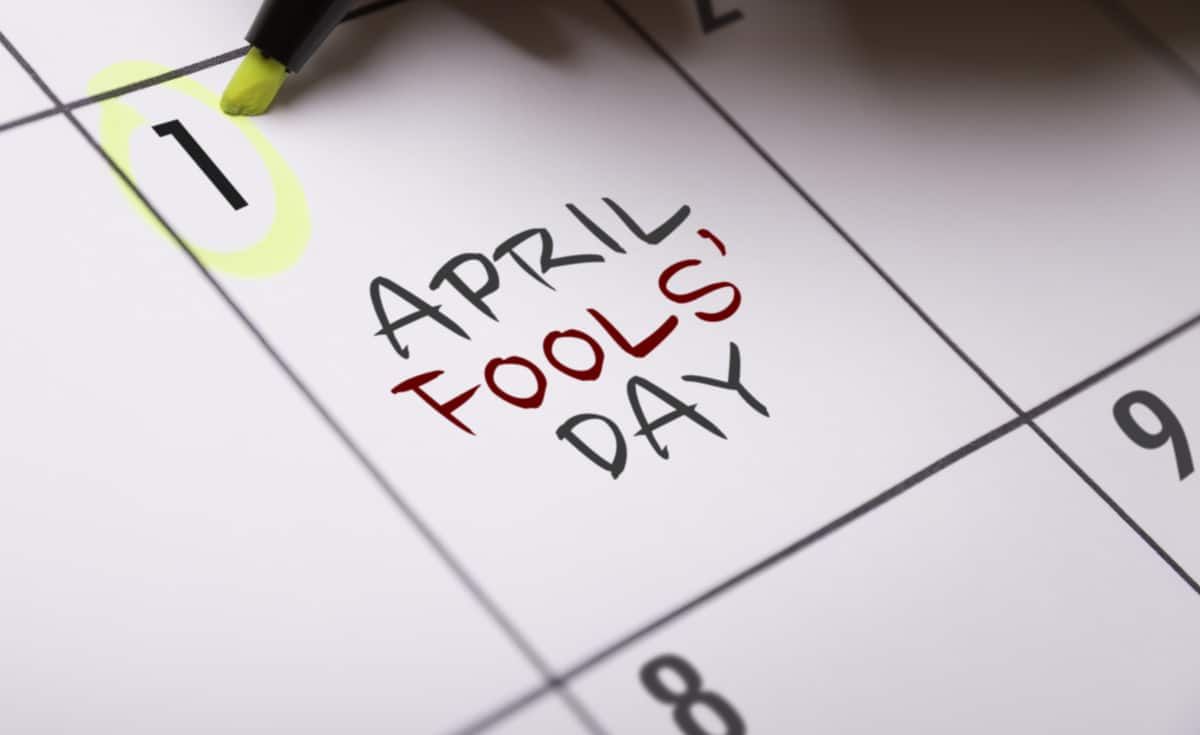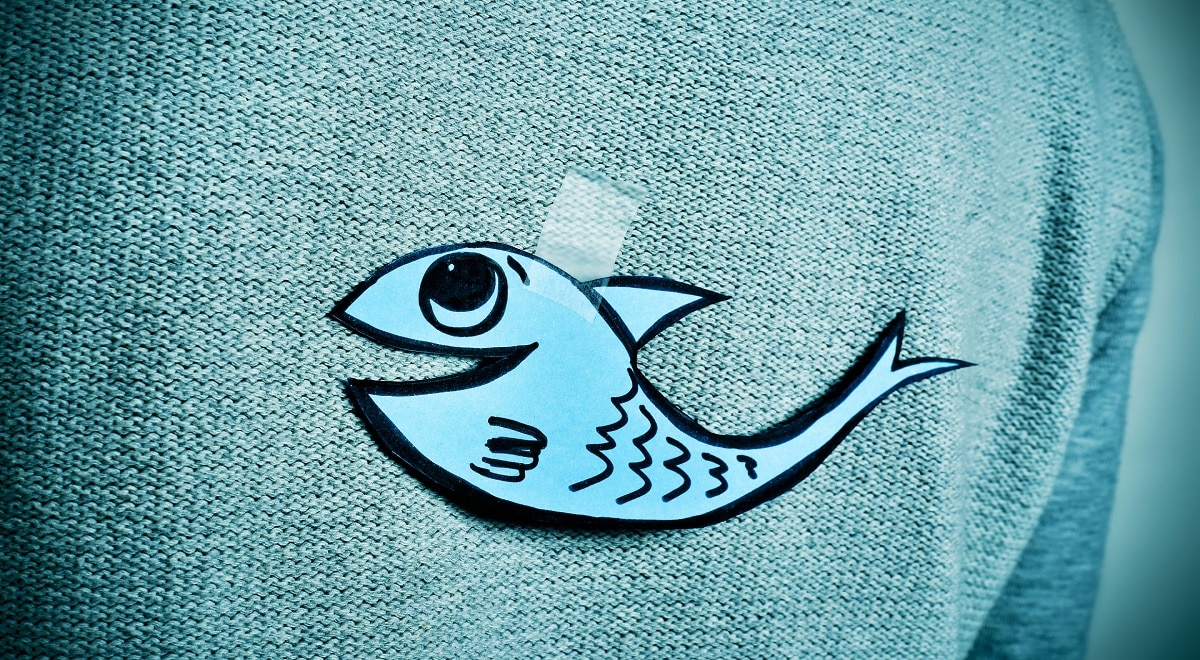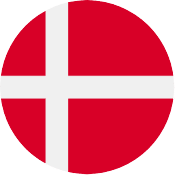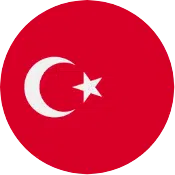
April Fools’ Day – Around the World
From practical jokes to fake news stories, April Fools’ Day has been a landmark day in culture since the 16th Century. The traditions of this mischievous day focuses on jokes and pranks at other peoples expense. These jokes are usually followed by the joker exclaiming “April Fool!”. Its origins lie with the change of calendar use in France from Julian to Gregorian calendar.

April Fools’ Day: Origins
In 1582, France changed from using the traditional Julian calendar to the Gregorian calendar. This change moved the start of the new year from April 1 to January 1. Some people initially struggled to come to terms with the change of the new year becoming January 1. This lead them to still celebrate the New Year at the beginning of April. These individuals were referred to as April Fools’ by those who had already got used to the change. And as such centuries of pranks and jokes were born.
April Fools’ Pranks and Jokes
On April 1 you can be confident to come across people pulling pranks or practical jokes. These range from convincing family or friends you have eloped through to switching sugar for salt to ruin their hot drink.
Some more elaborate April Fool’s pranks have become famous worldwide. The BBC has on many occasions attempted to fool the public with fake news stories and documentaries. The most famous of these include the 1957 news coverage of the Spaghetti Tree Harvest and the 2008 footage of Flying Penguins.
In the UK, April Fools’ is celebrated up until midday on April 1. But what of other countries around the world? We have taken a look at this day of mischief in other countries and what you should expect should you be visiting on April 1.
France
In France, the considered home of April Fools’ Day, it is actually referred to as Poisson d’Avril (April Fish Day). The reason for this is linked to Lent. One theory for the fish related name is that early on in the traditions history, April 1 fell during Lent. During the festival of Lent no meat can be eaten. This meant that fish is the preferred replacement, hence April Fish Day.

A traditional prank on this day is to attach a paper fish to an unsuspecting victim. The hope is that they will walk around the entire day with said fish attached to them without realising. Upon realising that they have been the victim of the prank, the joker will then shout “Poisson d’Avril! Poisson d’Avril!”. The take away from this, always watch your back in France on April 1.
It is not just the British news outlets who enjoy producing ‘fake news’ on April 1. In 1986, Le Parisien reported that the Eiffel Tower was going to be moved to the soon-to-be built Disneyland Paris site. While many knew it was an April Fools’ joke, it did leave some people questioning the authenticity of the report.
India
April Fools’ Day pranks and jokes have made their way to India over the centuries. This can no doubt be linked to the Colonial Period when India was under British rule. The celebrations and pranks in India tend to be on the more jovial and subdued side with simple practical jokes being favoured. Children will point at things which aren’t there and then when their victim turns to look they will shout “April Fool!”. It is not just children who get involved though, with adults also joining in the fun.
Brazil
April Fools’ Day is known as Dia da Mentira, or Day of the Lie, in Brazil. It is celebrated by people telling little white lies and playing innocent pranks on each other. You may also need to take certain news headlines with a pinch of salt. The first example of a Brazilian publication using spoof headlines on this day comes from A Mentira. On April 1, 1828 A Menitra announced the death of Don Pedro, the then Emperor of Brazil. Don Pedro would actually continue to live for another 6 years, dying in 1834.
Greece
Greece takes a slightly different approach to April Fools’ Day. The aim is for the trickster to gain good luck rather than embarrassing their victim. It is believed that successful pranks will give grant the perpetrator good luck for the rest of the year. As well as this, rain which falls on April 1 has healing qualities. This means that those attempting to prank and fool others on April 1 in Greece have an extra boost to be successful.
Poland
You might hear the phrase “Prima Aprilis, uważaj, bo się pomylisz!” while walking around Poland on April 1. Directly translated, this phrase means “April Fools’ Day, be careful — you can be wrong!” A common prank amongst the locals can be setting up fake social events or changing times to trick their friends. It is also not uncommon for the odd fake news article or report to appear.
April Fools’ Day Around the World
No matter where you go in the world on April 1 you might be at risk to falling for a prank or joke at your own expense. However, don’t fear, in every country April Fools’ Day is treated as a light-hearted. It’s a jovial occasion and one which is primarily celebrated by the young. A great way of getting involved with the frolics and laughs is to be able to speak the language of the country you are in.
Sign up for our offers
Exclusive discounts on your course with Cactus directly on your inbox!
Experience April Fools’ Day to the Fullest
What better way to be in on the joke and experience April Fools’ Day around the world completely than by learning the language of the country you are in?
Cactus offer courses in over 20 different languages available in a range of levels to suit your ability level. Our beginner courses are designed for those completely new to the language you choose, so you don’t have to have any language skills before you start. Not only can you study in one of our language centres, but you can also study at home! With weekly lessons, you can soon build up your skills to be able to converse in one of these countries.

 French
French German
German Italian
Italian Spanish
Spanish Arabic
Arabic Cantonese
Cantonese Czech
Czech Croatian
Croatian Danish
Danish Dutch
Dutch English
English Greek
Greek Hebrew
Hebrew Hindi
Hindi Japanese
Japanese Korean
Korean Norwegian
Norwegian Polish
Polish Portuguese
Portuguese Russian
Russian Swedish
Swedish Thai
Thai Turkish
Turkish Ukrainian
Ukrainian